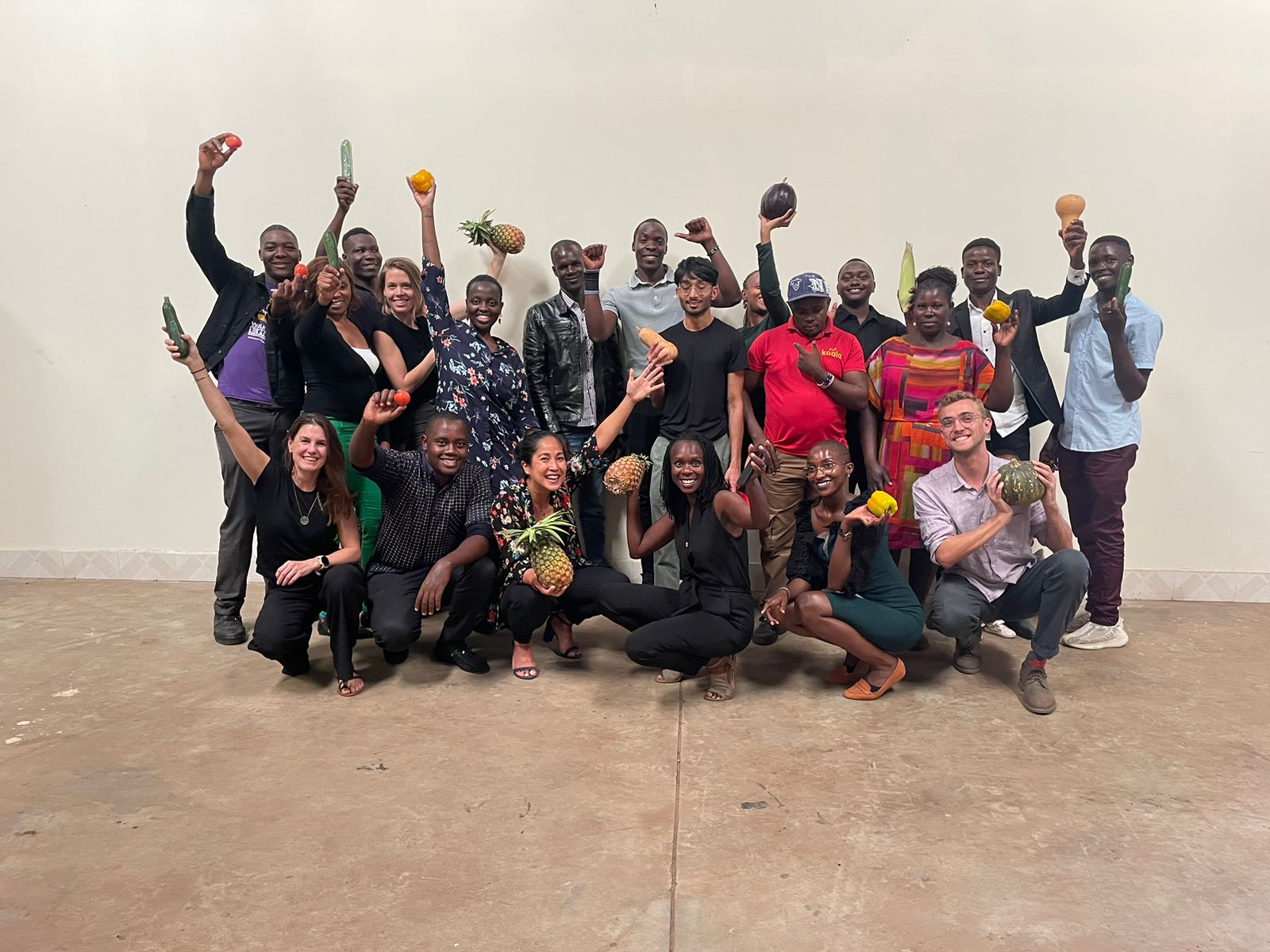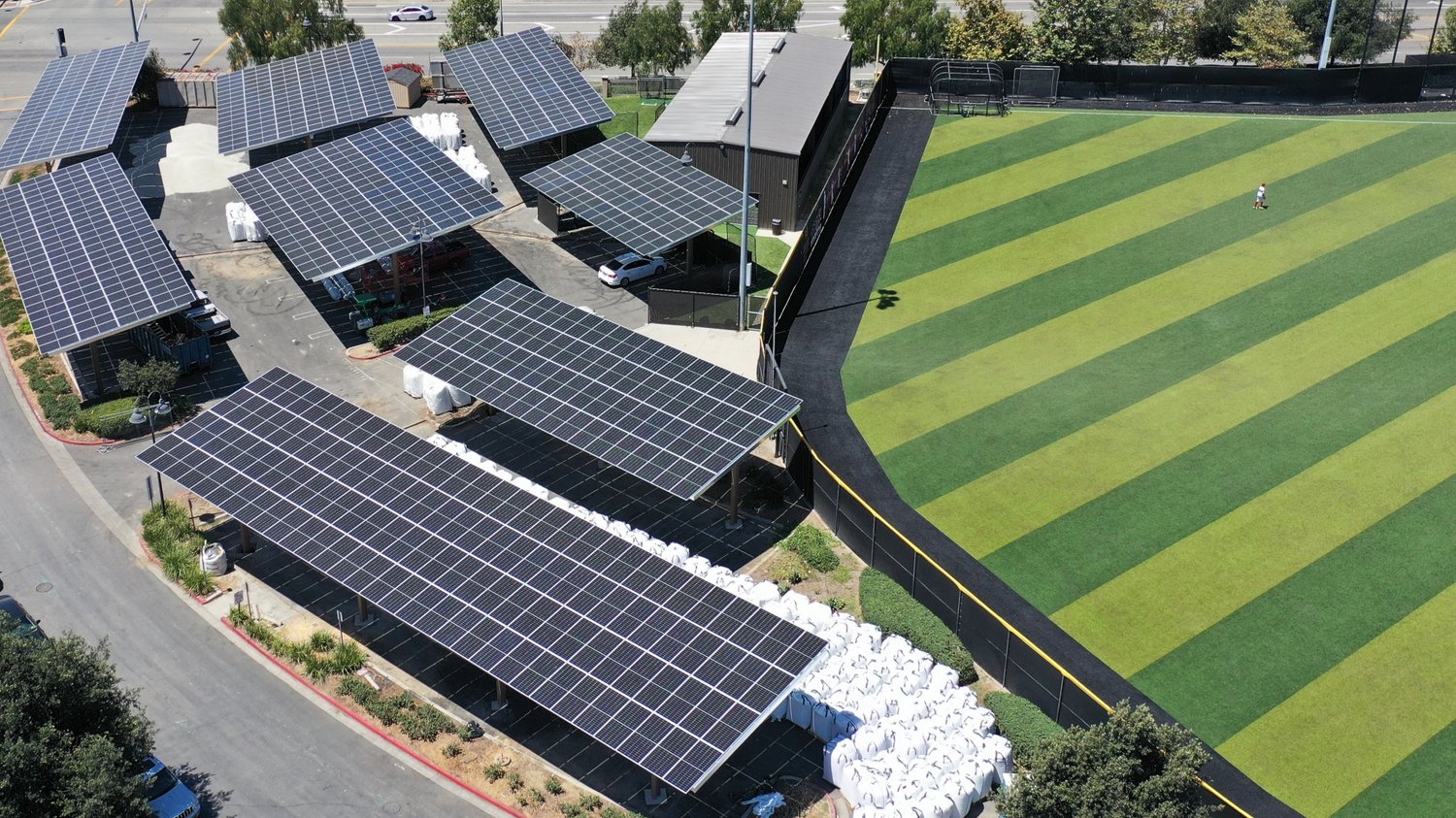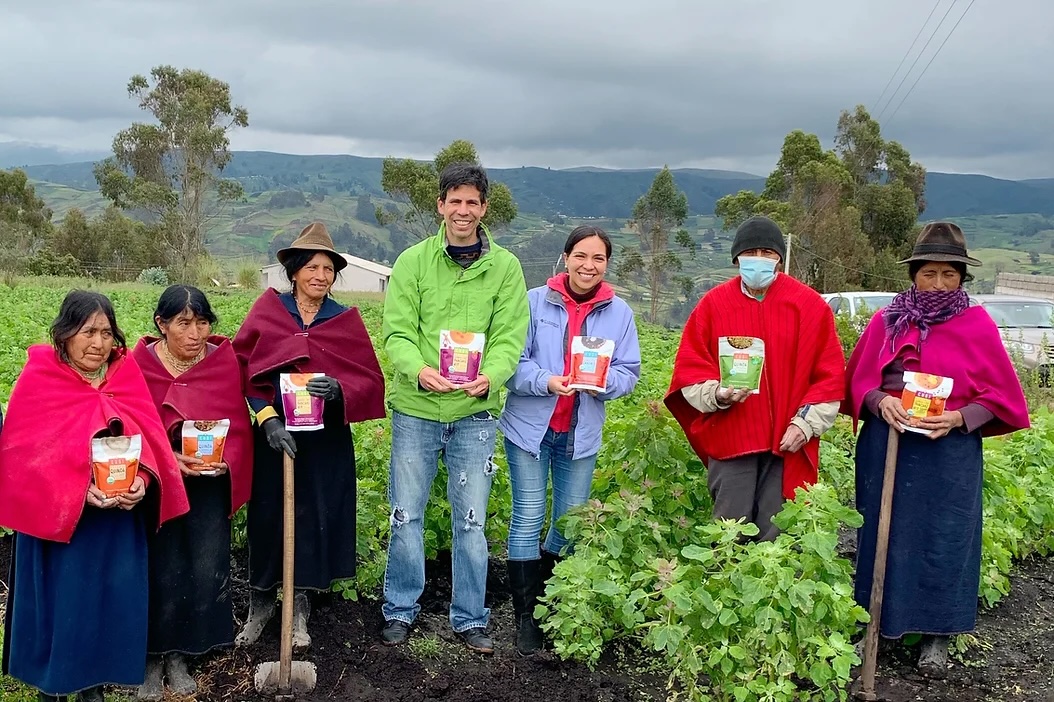ImpactAlpha, May 3 – The Pasatiempo apartments on the edge of Silicon Valley near downtown Fremont, Calif., are a mix of market-rate and federally subsidized apartments in one of the most affordability-challenged regions of the country.
Rent restrictions were expiring next year for 59 of Pasatiempo’s 94 apartments, as they are for hundreds of thousands of other apartments as so-called Section 8 subsidies run out. Around the country, private equity investors have been swooping in on such properties, aiming to flip affordable units to market-rate rents when the restrictions expire.
Instead, Jonathan Rose Companies, a New York-based impact fund manager, acquired Pasatiempo for $30 million in March and put rent restrictions on all of the project’s units for an additional 20 years.
“In exchange, we extended the Section 8 contract for 20 years, so we have this wonderful guaranteed income,” Jonathan Rose, the company’s founder and president, says on the latest edition of ImpactAlpha’s Agents of Impact podcast. “So that building was 94 units multiplied by 20 years, or about 1,800 unit-years preserved.”
Since 1989, the Rose Cos. has developed or acquired more than $3.2 billion in real estate through a dozen impact real estate funds, including five housing preservation funds totaling $887 million. The Pasatiempo investment came out of the fifth preservation fund, which closed last October at $525 million, with investments from the Ford Foundation and the Sorenson Impact Foundation as well as health care systems, pension funds and family offices.
Rose says that over 15 years, the Rose Cos. have delivered to investors a 14.7% internal rate of return, and distributed an annual yield of more than 6%.
“Increasingly, we’re seeing the investor world turn towards affordable housing,” Rose says. “The best investments are where the impact is inherent to the product itself. And affordable housing is a very clear one where your positive impact is inherent in the very nature of the product.”
Social support
It’s one thing to roll out the latest advances in energy efficiency and water conservation in new luxury apartment complexes. It’s another in the aging buildings that make up the bulk of the nation’s housing stock, and keep them affordable.
“The goalpost now is climate neutrality,” Rose says. New buildings that are all-electric can achieve that using green electrons. Existing buildings are harder to convert, but many upgrades, particularly for water and lighting, more than pay for themselves, Rose says.
“We’ll invest equity in anything that has a five-year payback or better. That’s a 20% return, actually non-correlated – it’s a fantastic return,” he says. “Once we install leak-monitoring – really water attention-paying – we can be saving tens of thousands of dollars a quarter.”
Rose Cos. also provides space and pays for a social service coordinator to work with local agencies to bring in after-school programs, health screenings, computer labs, community gardens and other amenities. The “community of opportunity” program is a good investment in community cohesion and economic stability, especially as most of the direct costs of the programs are borne by the social service providers themselves. Rose said a study found a recently added telemedicine program reduced expensive emergency room visits by half.
“These are savings that in old economics you would call externalities,” Rose said. “They happen to be positive externalities instead of negative ones.”
One of the Rose Cos. biggest projects is Sendero Verde in New York City’s East Harlem, which will include 709 units with rents designated as one of seven tiers of “affordable,” ranging from formerly homeless to 120% of the area median income. The project is aiming to be certified as a “Passive House” development. The standard originated in Germany for houses that consume up to 90% less heating and cooling energy than conventional buildings.
Harlem Children’s Zone will operate a 60,000-square foot charter school and Settlement House will provide senior and youth programs. A pathway that runs through a plaza between the buildings will feature community gardens and a science garden.
Promises Rose, “It will absolutely be a community of opportunity.”
Catch up on all of ImpactAlpha’s podcasts, including the weekly Impact Briefing.











